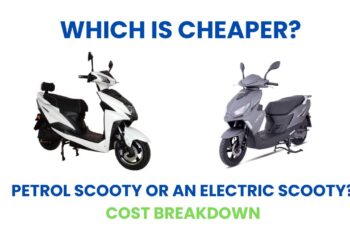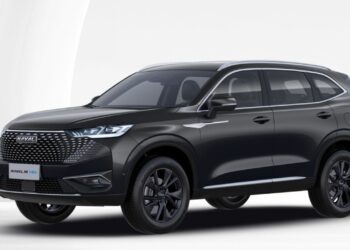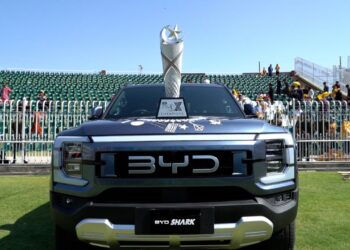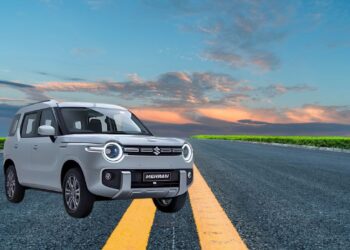Apple’s venture into the electric vehicle market, known as Project Titan, has encountered twists and turns, revealing the challenges of innovation in the automotive sector. Initially aspiring to develop a fully autonomous electric vehicle or even a robotaxi, Apple recruited top talent, including former Tesla employees. However, the journey has been far from straightforward, with the company adjusting its goals multiple times.
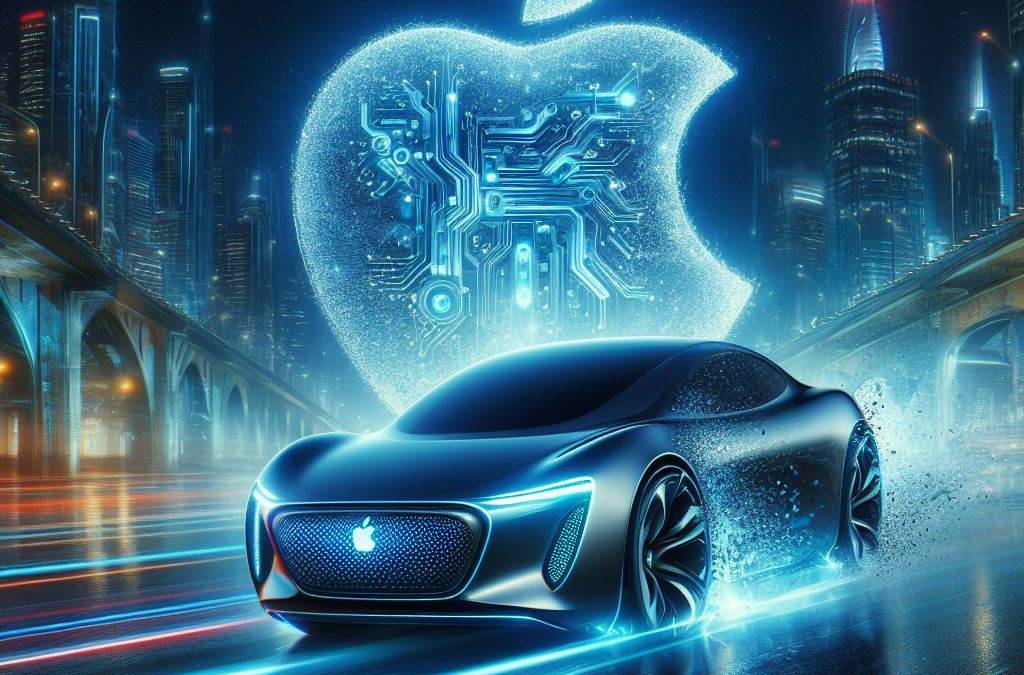
According to recent reports, Apple is shifting from a fully autonomous vehicle to one providing highway assistance but still requiring human attention. This change aligns Apple more closely with existing advanced cruise control systems, reflecting a pragmatic approach considering the complexities and safety considerations of full autonomy. The revised timeline now points to a 2028 launch, delayed from the original target of 2026.
This adjustment raises questions about Apple’s commitment to the project and the potential need to reassess resource allocation. In the booming electric vehicle market, with Tesla leading and tech giants like Sony and Alphabet’s Waymo joining, Apple’s entry holds transformative potential due to its design prowess and industry-disruptive track record.
As Apple navigates these challenges, the looming question is whether it can establish a distinctive presence in an already competitive market. The electric vehicle sector’s growth adds urgency to Apple’s strategic decisions, and only time will reveal whether Apple’s electric car will redefine the industry or become a historical footnote in automotive innovation.
